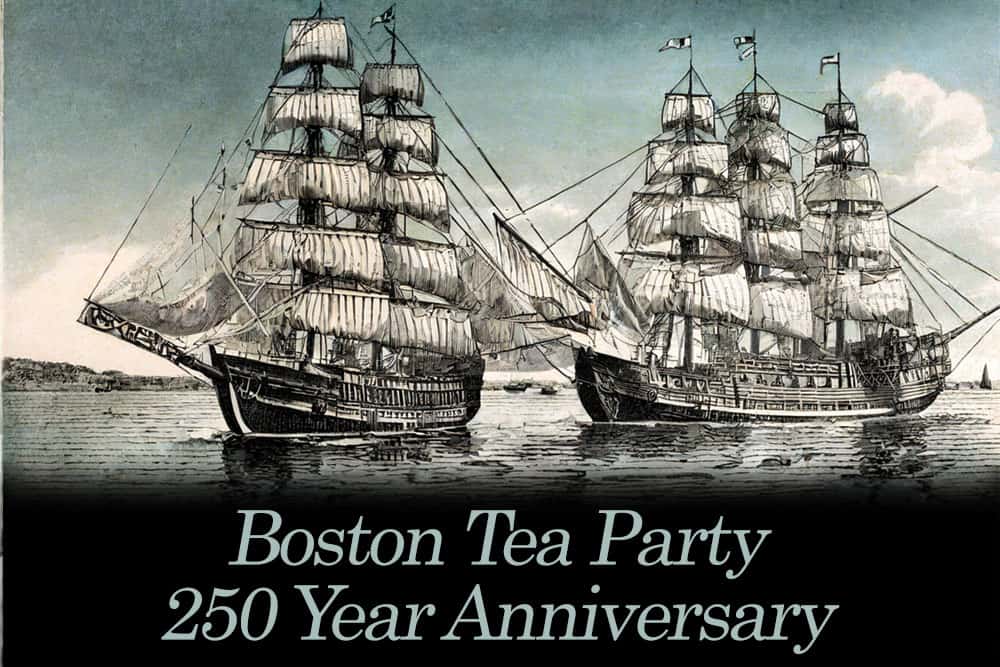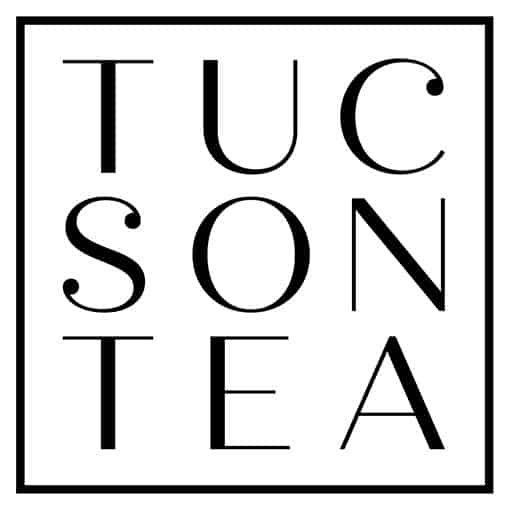
The Boston Tea Party of 1773 was a pivotal event in American history that played a significant role in the lead-up to the American Revolution. Here's a summary of the event along with some interesting facts, followed by information about the 250-year anniversary reenactment in Boston on December 16, 2023.
Summary of the Boston Tea Party (1773)
The Boston Tea Party occurred on the night of December 16, 1773, in Boston, Massachusetts, during a period of rising tensions between the American colonies and British authorities. It was a protest against the British Tea Act, which granted the British East India Company a monopoly on tea sales in the American colonies, and allowed them to sell tea directly to the colonists, bypassing local merchants.
A group of colonists, including members of the Sons of Liberty, disguised themselves as Mohawk Indians and boarded three British ships: the Dartmouth, the Eleanor, and the Beaver, which were carrying a large shipment of tea. They proceeded to empty 342 chests of tea (approximately 92,000 pounds) into Boston Harbor as a protest against the unjust taxation without representation imposed by the British government. This act of defiance symbolized the colonists' resistance to British oppression and their commitment to self-governance.
Interesting Facts:
- The tea destroyed during the Boston Tea Party was valued at an estimated £10,000 in British currency, equivalent to millions of U.S. dollars today.
- Contrary to popular belief, the participants in the Boston Tea Party did not dress up as Native Americans to hide their identities. They did so to symbolize their American identity and to express their solidarity with the indigenous people's struggle against British oppression.
- The event took place in complete silence, with no shouting or destruction of property other than the tea. This reflected the seriousness and determination of the protesters.
- The British government responded to the Boston Tea Party by passing the Coercive Acts, also known as the Intolerable Acts, which further restricted colonial self-government and led to increased colonial solidarity against British rule.
250-Year Anniversary Reenactment (December 16, 2023)
In honor of the 250th anniversary of the Boston Tea Party, the city of Boston is planning a special reenactment on December 16, 2023. The event will be a historical re-creation of the original Boston Tea Party, featuring actors dressed as colonists and British soldiers. It will take place at the Boston Tea Party Ships and Museum, which is a popular tourist attraction located on the Congress Street Bridge.
Visitors and history enthusiasts will have the opportunity to witness the reenactment, immerse themselves in the atmosphere of the 18th century, and learn more about the significance of this historic event. The reenactment aims to educate the public about the Boston Tea Party's role in American history and its lasting impact on the fight for independence.
This milestone anniversary reenactment is expected to draw a large crowd and serve as a reminder of the importance of civic engagement and resistance against oppression in the pursuit of freedom and self-determination.
WATCH LIVE at 6 PM (MST) / 8 PM (EST)
You can watch the Destruction of the Tea from Boston Harbor at December16.org.
Interested in learning more, read these recommended articles:
- Type of Teas Destroyed at The Boston Tea Party (BTP Ship Museum)
- Boston Tea Party History (BTP Ship Museum)
- Boston Tea Party (History Channel)
Discovering the Teas of the Boston Tea Party with Tucson Tea Company
Today, we're stepping back in time to December 16, 1773, to explore a pivotal moment in American history: the Boston Tea Party. This wasn't just a political protest; it was a fascinating intersection of history and tea culture. So, let's dive into the types of tea that were cast into Boston Harbor and find their modern counterparts available at Tucson Tea Company.
The Historical Brews
Bohea: The Versatile Blend
Bohea, pronounced 'Boo-Hee,' was a mix of oolong and black teas from China's Wuyi Mountains. Interestingly, this darker tea was often mistaken for a single type due to limited tea knowledge at the time.
Try these Chinese Oolong and black teas:
Souchong: The Smoky Ancestor
Souchong, a relative of Bohea, is known for its smoky flavor. While it was considered lower quality for export in the 18th century, today's version has evolved significantly. Try our Lapsang Souchong for a taste of this unique, smoky tea.
Try these smoky teas:
- Lapsang Souchong (strong smoke flavor)
- Campfire S'mores
Hyson: The Green Delight
Representing green tea in the Boston Tea Party’s cargo, Hyson, derived from Xi Chun, translates to ‘Splendid Springtime’. This tea is also sold as Chun Mee or gunpowder green tea today.
Try these teas:
- Gunpowder green tea
- Peach and Apricot gunpowder green tea
- Island Dreams mango gunpowder green tea
- Moroccan Mint gunpowder green tea
Singlo: The Seasonal Harvest
Singlo, another green tea, came from later seasonal harvests. It was also known as Twankey or Tun Xi.
Brewing History in Your Cup
Isn't it fascinating to connect with history through something as simple yet profound as tea? By exploring these varieties, we not only celebrate our past but also savor the rich, diverse flavors that have stood the test of time. Try one of our tea recommendations for a journey back to the Boston Tea Party era.
